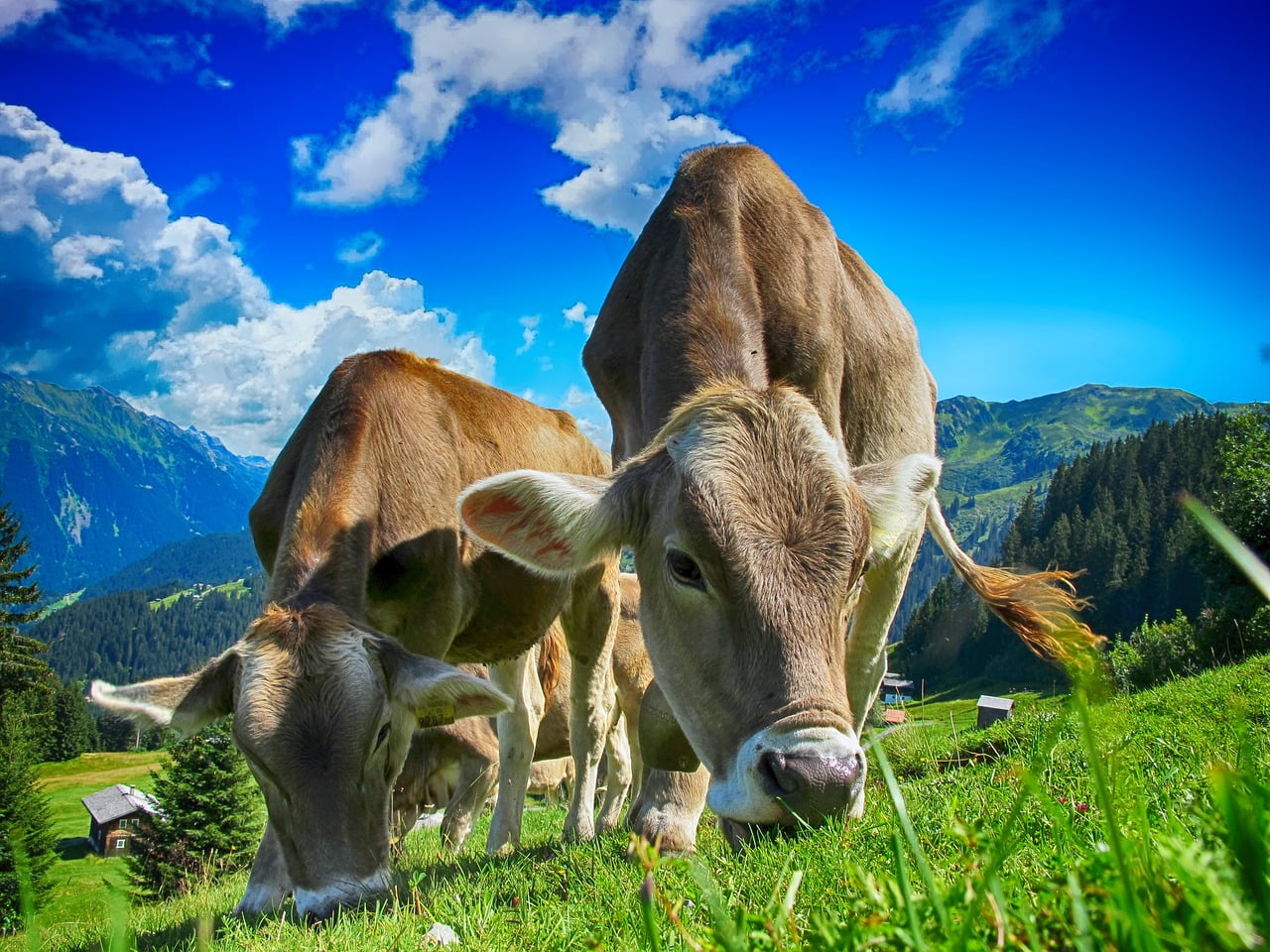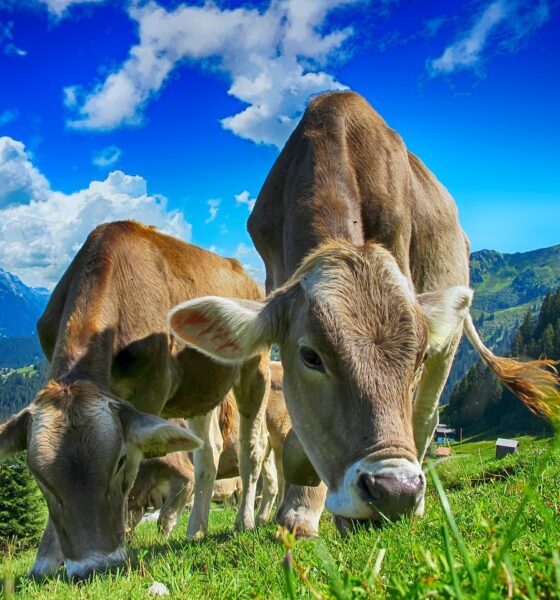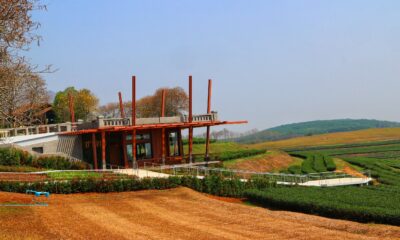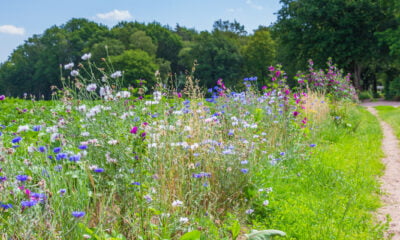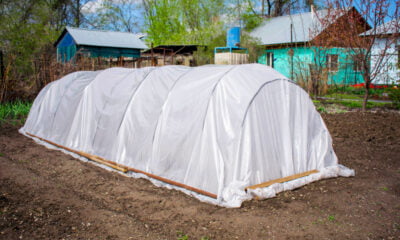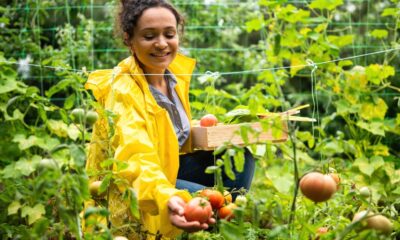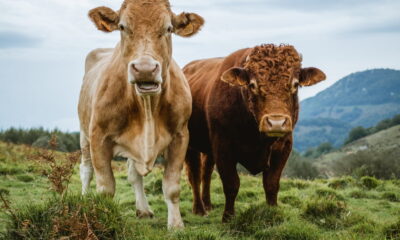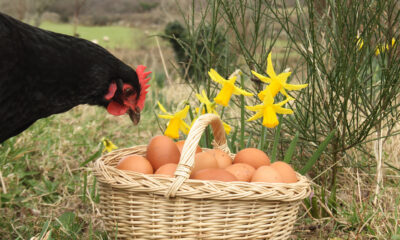As we break our way into 2024, sustainability is becoming increasingly relevant. The World Economic Forum conducted a study in 2020, which showed that 90% of people wanted to live more sustainably.
The farming industry is one of those that is most committed to sustainability. There are currently 17,048 certified organic farms in the United States. While the need for sustainability is at an all-time high thanks to increased awareness among both consumers and producers, there’s also a lot that can be done in terms of looking to the future for sustainable farming practices.
Let’s take a look at how things are looking to evolve in 2024.
Climate resilient approaches
Resilience has been a keyword in sustainability discourse for a while now, and it’s especially applicable to the farming industry.
Traditional monocultures can often end up being incredibly vulnerable to climate change – with all your eggs in one basket, a single threat could end up having incredibly damaging effects.
Adopting a more resilient approach can be done in multiple different ways, from taking soil health seriously to ensuring a certain level of crop diversity. Businesses such as Buitelaar Group are actively trying to increase the number of regenerative farms they onboard and are also doing the same for the farms they own. What’s best will differ depending on the specific farm of course, but there are some general principles that can be applied more broadly.
Tackling waste
There can be a staggering amount of waste in agriculture, spread out across the supply chain.
Waste minimisation is something that many agricultural businesses already address with dedicated approaches, but more can always be done both in terms of increasing awareness and education around why this is done, and how to keep going in the right direction. Free-range farming practices are also helping.
Buitelaar Group have successfully implemented waste reduction strategies, in their case ensuring that every part of the livestock they deal with is processed and sold in a sustainable manner.
Waste reduction will differ depending on what kind of farm it is that you’re operating, but the general idea of increasing efficiency during as many processes as possible should remain broadly applicable.
Government policy
While farmers need to be taking these messages on board, sustainability is not solely their responsibility. As the feeders of the nation, they will require extensive support in the form of government policy in order to implement sustainability measures in a truly effective manner.
From support and funding initiatives to clearer guidelines on current best practices, the government has a lot of legwork to do in the months and years to come. Sustainability is always going to be a team effort, and every player needs to do their part.
Collaboration
Finally, collaborative principles extend beyond just government-farmer relationships. Everyone in the agriculture community needs to make sure that they’re doing all they can to support one another through productive collaboration and knowledge sharing.
Stakeholders and shareholders need to appreciate that significant changes need to be implemented in order to support the farming industry, and then work with farmers to ensure these changes are actually relevant and socially sustainable.
This is just a sneak peek into some of the sustainability-related changes we can expect to experience in the farming industry in 2024 and beyond. A lot will hinge on the success of these initiatives; sustainable farming quite literally lies at the heart of a successful society, and policymakers and shareholders would do well to remember this important fact.


 Environment12 months ago
Environment12 months agoAre Polymer Banknotes: an Eco-Friendly Trend or a Groundswell?

 Features11 months ago
Features11 months agoEco-Friendly Cryptocurrencies: Sustainable Investment Choices

 Features12 months ago
Features12 months agoEco-Friendly Crypto Traders Must Find the Right Exchange

 Energy11 months ago
Energy11 months agoThe Growing Role of Solar Panels in Ireland’s Energy Future
